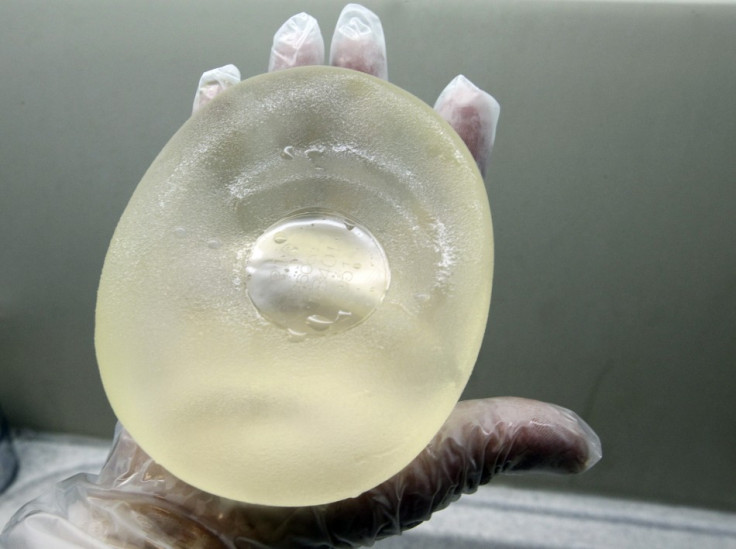Breast Implant: 20,000 British Women Face Cancer Risk

At least 20,000 British women may have been given a cancer-causing breast implant, this one made in Germany. The last time it was a French firm's product that created a scare in many European countries.
Surgeons have been alerted by Nuffield Hospital about cancer risk arising from the German breast implants. A senior manager at the hospital has written to top doctors advising them not to offer patients a product called Silimed and to quarantine existing stocks, the Daily Mail reported.
The coating of these implants is believed to release a cancer-causing toxin into the body over a period of time, studies have revealed.
A ban on PIP hydrogel implants was imposed by the U.S. Food and Drug Administration in 1992, limiting them to research. The ban was lifted in 2006 with the rider that it would be prescribed only for cosmetic purposes for women above 22 years and it achieved CE, the mandatory conformity mark for products which qualifies it to be supplied throughout Europe.
"The safety of people who have cosmetic surgery is vital. If a product has been given a CE mark in another European country, it can be legally sold and used in this country," NHS medical director Professor Sir Bruce Keogh told by the Daily Mail.
Not long ago, health officials in Germany, the Czech Republic, France and Venezuela had advised women who had potentially defective breast implants to have them removed.
"As there are no studies yet available to prove the safety of industrial grade silicone in the human body, ISAPS supports the French and German authorities' recommendations and encourages all women with TiBREEZE, PIP or Rofil breast implants produced after 2001, to check with a specialised plastic surgeon to discuss removal of the implants," said Dr. Dirk Richter, the German chairman of International Society of Aesthetic Plastic Surgery.
The death from cancer last year of a French woman using the implants made by Poly Implant Prothese, which used industrial-grade silicone, caused a global health scare.
© Copyright IBTimes 2025. All rights reserved.






















